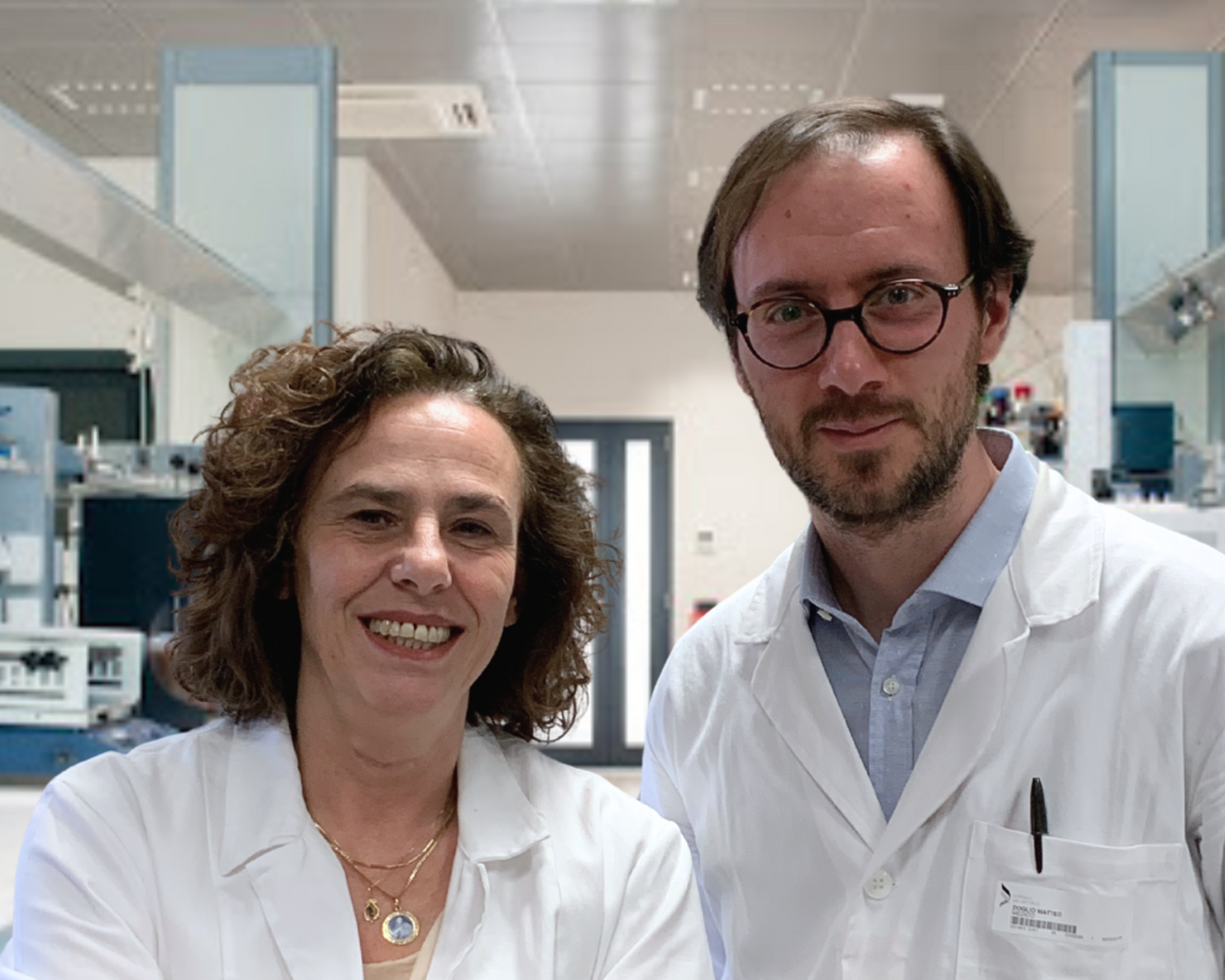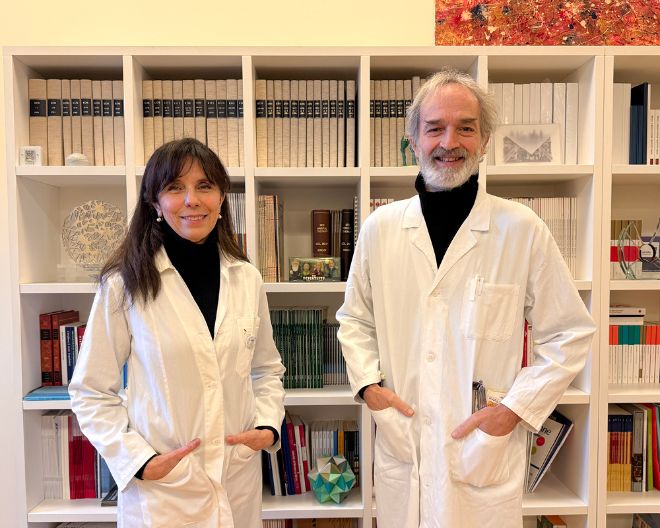Demonstrated efficacy of a new CAR-Treg therapy in a model of systemic lupus erythematosus


Study conducted by IRCCS Ospedale San Raffaele researchers in mouse models shows how CAR-Tregs are able to permanently turn off inflammation in Lupus. The research opens up new frontiers in the fight against autoimmune diseases and could decrease the likelihood of organ rejection following transplantation.
Systemic Lupus Erythematosus (SLE) is a chronic autoimmune disease that mainly affects the young female population and is characterized by the production by B lymphocytes of antibodies mistakenly directed toward various organs and tissues of the body. Lupus can occur in any organ and apparatus and for this reason is a prime example among all so-called 'systemic' autoimmune diseases.
Several preclinical studies have attested the efficacy of CAR T-based therapies to selectively reduce B lymphocytes, responsible in the pathogenesis of SLE, in mouse models genetically predisposed to Lupus. However, this type of approach exposes to the risk of infection because of the overall drastic decrease in B lymphocytes, including those deputed to produce protective antibodies against infectious agents.
The research, just published in Nature Communications, tested for the first time on humanized mouse models of SLE disease, a new CAR-Treg cell-based therapy able of exerting an immunosuppressive effect directly in lymphoid organs, i.e. the site where antigen presentation and the generation of antibodies responsible for inflammation in the autoimmune disease occurs.
The study was coordinated by Professor Chiara Bonini, head of the Unit of Experimental Hematology and Full Professor of Hematology at the Vita-Salute San Raffaele University, and Dr. Matteo Doglio, a physician-researcher at the Unit of Experimental Hematology, both at IRCCS Ospedale San Raffaele.

Autoimmune diseases and CAR T and CAR Treg-based therapies
Autoimmune diseases are conditions in which the body's immune system mistakenly attacks its own healthy tissues, regarding them as foreign agents. Under normal conditions, the immune system plays the role of defense, protecting the body from bacteria, viruses and other harmful substances. However, in autoimmune diseases, this system becomes overactive and mistakenly attacks healthy cells and tissues, causing inflammation and damage.
The ideal therapy for autoimmune diseases should aim at correcting the erroneous immune response without compromising the body's defensive capacity, and this is where the intuition to use CAR-Tregs came from. Conventional CAR-Ts, in fact, are unable to distinguish the B lymphocytes responsible for inflammation from all other lymphocytes, while CAR-Tregs are able to perform targeted selection by simply shutting down overactive cells without causing their death,
says Professor Bonini.
CARs (Chimeric Antigen Receptors) are synthetic receptors, not existing in nature, generated in laboratory to redirect T lymphocytes against specific targets. This technology is commonly used in T lymphocytes to fight cancers, especially hematologic cancers, already in use in the clinic. The same technology can also be used on regulatory T lymphocytes or Tregs, a group of T lymphocytes charged with normal control of the immune system to prevent exaggerated inflammatory reactions or deputed to prevent the onset of autoimmunity. In this context, CARs can redirect Tregs against relevant targets in the context of autoimmune diseases by enhancing their activity.

The study
The researchers created a humanized mouse model, says Dr. Doglio:
The mouse immune system quickly became very similar to the human immune system, at which point it was possible to induce SLE disease and practice injection of CAR-modified regulatory T lymphocytes. This is the first time that CAR-Tregs have been studied in mouse models with a fully humanized immune system.
The researchers were thus able to observe that in humanized mouse models of Lupus, a single injection of CAR-Treg was sufficient to reduce inflammation and restore the natural balance of the immune system. The organs affected by the disease, particularly the lymphoid organs, regained normal function following the infusion, eradicating the disease.
The researcher continues:
Following the infusion of CAR-Tregs, it was possible to observe the response of each organ that was first compromised due to the disease. For example, the lungs of the lupoid mouse models exhibited an inflammatory reaction characterized by granulomatous-type lesions; following treatment, not only was inflammation reduced by 60%, but lung structure was found to be preserved.

A possible therapy for autoimmune diseases and beyond
All the reagents that were used in the study are already compatible with the clinic. We hope that our research will soon embark on the necessary process of developing a specific drug for other autoimmune diseases as well, not just Lupus. In addition, we have hypothesized, but for the moment it remains only a hypothesis, to use CAR-Tregs in organ transplantation to prevent rejection or in bone marrow transplantation to control GVHD (graft versus host disease): thanks to their immunoregulatory capacity they might be able to drastically reduce the probability that the transplanted organ will be rejected,
Professor Bonini concludes.
The CAR-Treg technology developed in this research has been patented and is ready to embark on the path to transform it into an innovative therapy for SLE patients.
The study was funded by the Ministry of University and Research (PRIN 2017WC8499; PRIN 2022SLL3YZ), the Ministry of Health and the Alliance Against Cancer (CAR T Current Research Project: RCR-2019-23669115), the EU IMI initiative (T2EVOLVE consortium) to CB and was partially supported by the Ministry of Health (Finalized Research Grant No. GR-2016-02364847).
You might be interested in

Multiple sclerosis, breakthrough in research: researchers have identified a molecule that promotes repair of the nervous system

The microbiome as an ally against myeloma

Intrecci: a UniSR project for more inclusive and accessible cancer diagnosis

